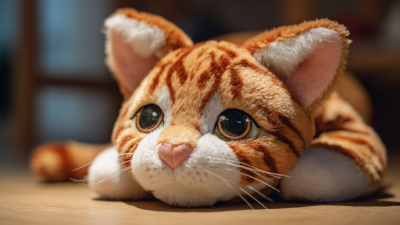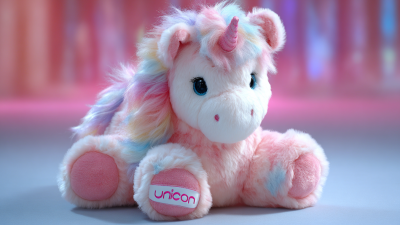Selecting the right Rabbit Soft Toy for your child is not merely a delightful indulgence but a crucial decision that can significantly influence their development. According to recent studies by the American Psychological Association, soft toys serve as essential tools for emotional support and social development in children. Over 60% of parents report that their child forms a strong attachment to plush toys, which enhances their sense of security and aids in imaginative play. Furthermore, research indicates that toys that encourage nurturing behavior, such as a Rabbit Soft Toy, foster empathy and social skills in young children. With the growing emphasis on developmental psychology, it becomes imperative for parents to understand the role such toys play in a child's cognitive and emotional growth. Thus, choosing the right Rabbit Soft Toy not only enriches playtime but also contributes significantly to your child's overall development.
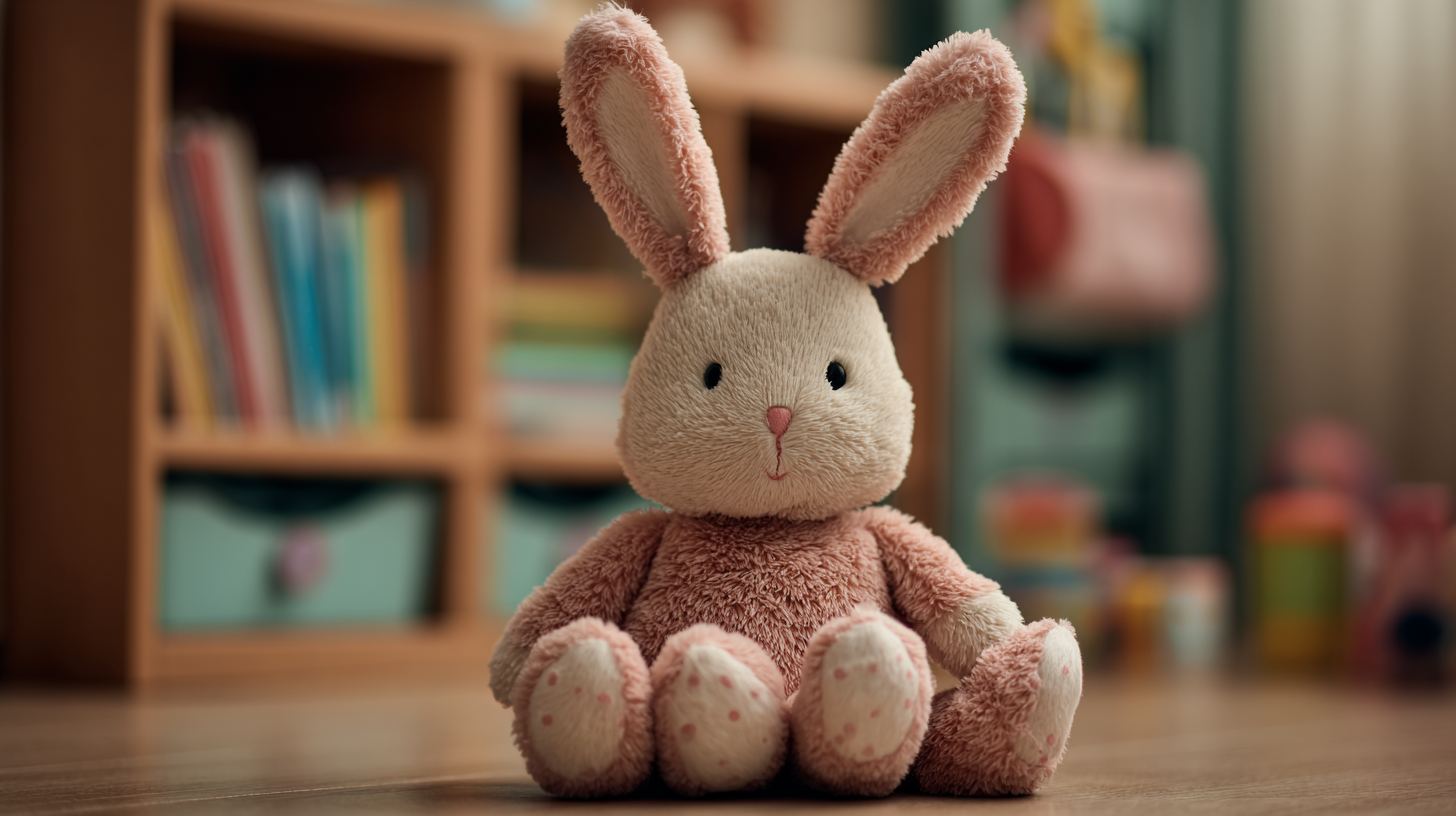
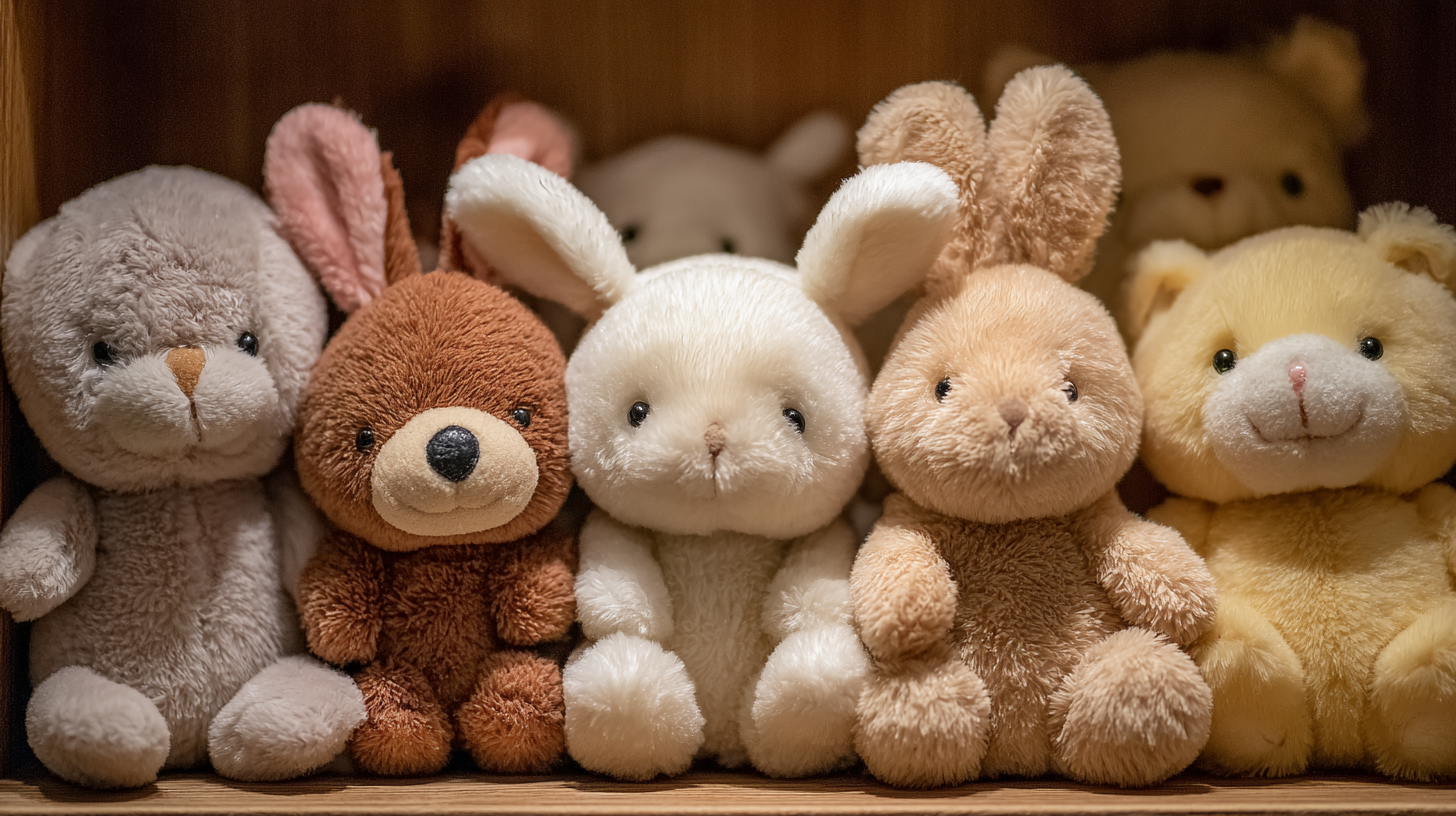 When selecting a rabbit soft toy for your child's development, understanding the importance of size is crucial. A well-chosen toy not only provides comfort but also ensures safety during playtime. Soft toys should be appropriately sized for your child’s age and developmental stage. For younger children and infants, a smaller toy is advisable, as it reduces the risk of choking hazards. Toys that can easily fit within a child's hands are more manageable and can encourage interactive play, which is essential for their motor skills and cognitive growth.
When selecting a rabbit soft toy for your child's development, understanding the importance of size is crucial. A well-chosen toy not only provides comfort but also ensures safety during playtime. Soft toys should be appropriately sized for your child’s age and developmental stage. For younger children and infants, a smaller toy is advisable, as it reduces the risk of choking hazards. Toys that can easily fit within a child's hands are more manageable and can encourage interactive play, which is essential for their motor skills and cognitive growth.
Moreover, the dimensions of the soft toy should align with your child’s play environment. A rabbit soft toy that is too large may overwhelm a small child and limit their ability to carry it around, while a toy that is too small could easily get lost or misplaced. Additionally, consider the materials used; opting for soft, washable fabrics can enhance safety and convenience. By carefully selecting the size of the rabbit soft toy, you can foster an engaging and safe playtime experience that contributes positively to your child's development.
When selecting the perfect rabbit soft toy for your child's development, the choice of materials is crucial. Safety should be the top priority, especially for younger children who are prone to mouthing objects. Opting for toy fabrics that are free of harmful chemicals and hypoallergenic can significantly reduce the risk of allergies and irritations. Research indicates that children engage more with toys made from soft, textured fabrics, enhancing their sensory development. Features such as varying textures and tactile components can promote curiosity and exploration, essential for cognitive growth.
**Tips:** Look for fabrics that are washable and durable. Many soft toys include plush materials that can withstand repeated cleaning, an important factor for hygiene. Additionally, consider sensory interactive fibers that can stimulate a child's touch and fine motor skills. Integrating features like crinkling sounds or squeakers can further boost sensory interaction. Research shows that toys designed with sensory elements not only entertain but also support developmental milestones in areas such as communication and social skills.
In a multi-criteria assessment of toy materials, it becomes apparent that the selection process encompasses safety, sensoriality, and sustainability. As trends in immersive play and haptic technology emerge, ensuring that the chosen materials foster both safety and enriching experiences is vital. Prioritize toys that not only captivate attention but also contribute positively to a child's overall sensory and emotional development.
Choosing a rabbit soft toy for your child can significantly enhance their imaginative play, which is crucial for their development. When selecting the perfect toy, consider design features that encourage creativity. Look for soft toys that incorporate engaging textures and colors, as these stimulate sensory exploration. Additionally, opt for plush rabbits with interactive elements, such as sounds or movable parts, which mimic real-life interactions and spark storytelling. These features not only captivate a child's attention but also promote imaginative scenarios they can enact.
Another vital aspect to consider is the educational value of the soft toy. Rabbit toys that encourage children to engage in role-playing activities foster essential skills such as vocabulary expansion and creative thinking. A well-designed rabbit soft toy can become a trusted companion, allowing children to express emotions, develop empathy, and interact socially as they create narratives around their play. The balance of fun and educational elements in the toy's design will help support your child's growth, making it an excellent addition to their collection.
| Feature | Description | Benefits for Child Development |
|---|---|---|
| Material | Soft, hypoallergenic fabric | Safe for sensitive skin, encourages a sense of security |
| Size | Medium size for easy handling | Promotes active play and imaginative scenarios |
| Color | Bright, engaging colors | Stimulates visual development and creativity |
| Features | Interactive elements like crinkle material or squeakers | Encourages sensory exploration and interaction |
| Design | Cute and inviting rabbit shape | Encourages imaginative play and storytelling |
When selecting the perfect rabbit soft toy for your child, it's essential to consider the developmental benefits that such toys provide, particularly in enhancing emotional and social skills. According to a report published by the American Psychological Association, children who engage in imaginative play with soft toys demonstrate greater emotional regulation and empathy. A soft toy can become a source of comfort and security, allowing children to express their feelings and explore complex social scenarios in a safe environment.
Furthermore, soft toys like rabbit plushies encourage social interactions. The National Association for the Education of Young Children emphasizes that role-playing with soft toys fosters communication skills and cooperation among peers. When children share their toys or engage in pretend play, they practice crucial social skills like negotiation, sharing, and problem-solving. Engaging with a soft toy can also help children develop a sense of belonging and acceptance, as they often attribute personality traits to their favorite stuffed animals, enhancing their understanding of friendship and nurturing relationships.
When selecting a soft toy for your child, hygiene and maintenance are crucial considerations to ensure the toy remains clean and safe. Regular cleaning helps to minimize the buildup of dirt, dust, and allergens, which could pose health risks to your child. For most soft toys, machine washing is a convenient and effective method. Always check the care label for specific instructions. If the toy is not machine washable, spot cleaning with a damp cloth and mild soap can be a great alternative.
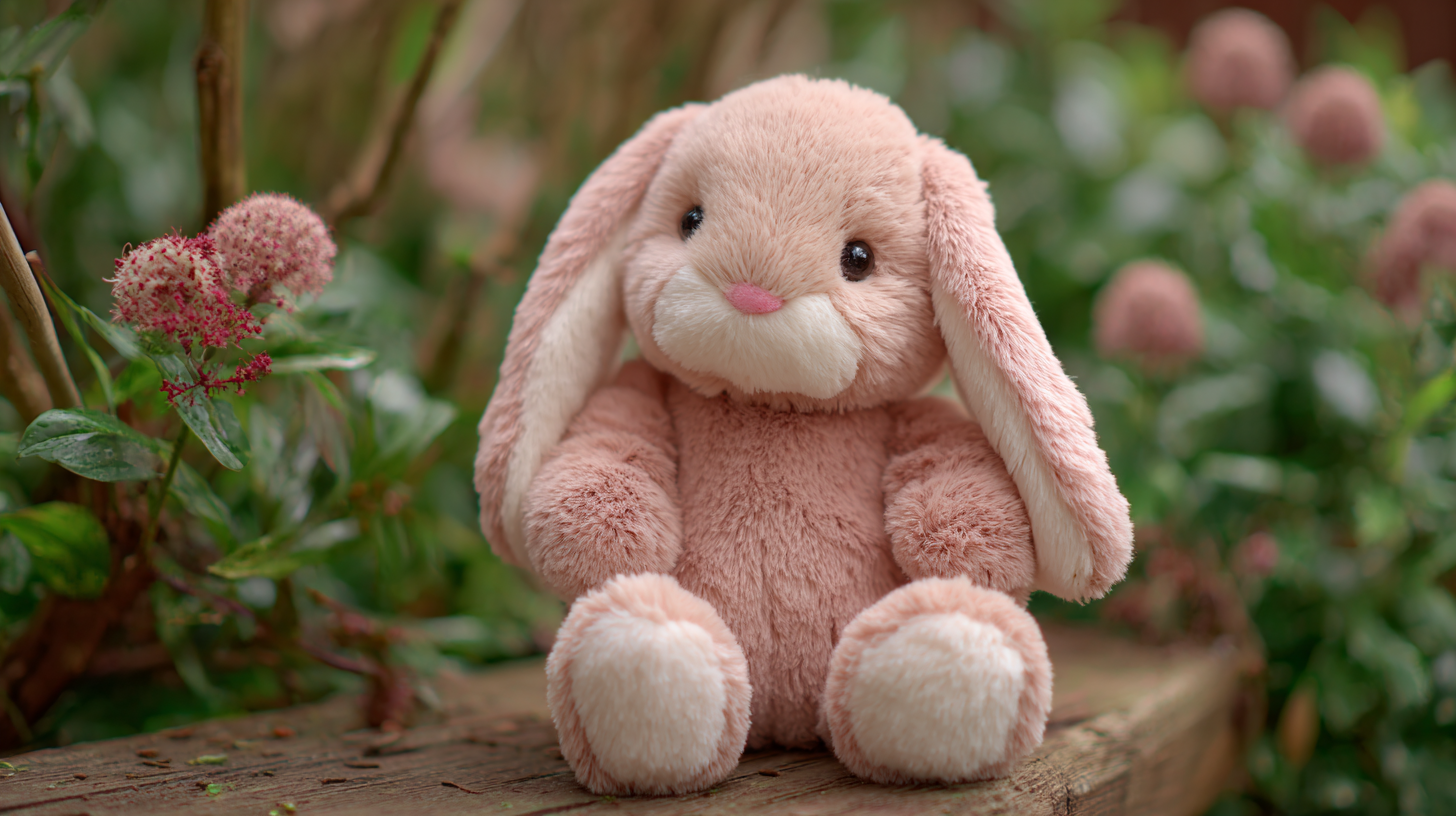
In addition to cleaning, it's essential to regularly inspect the soft toy for any signs of wear and tear. Check for loose threads, missing components, or any areas that might pose a choking hazard. By maintaining the toy in good condition, you not only ensure its longevity but also maintain a safer play environment for your child. Encourage your children to keep their toys clean by involving them in the cleaning process, making it a fun and educational experience that promotes responsibility and hygiene awareness from a young age.




